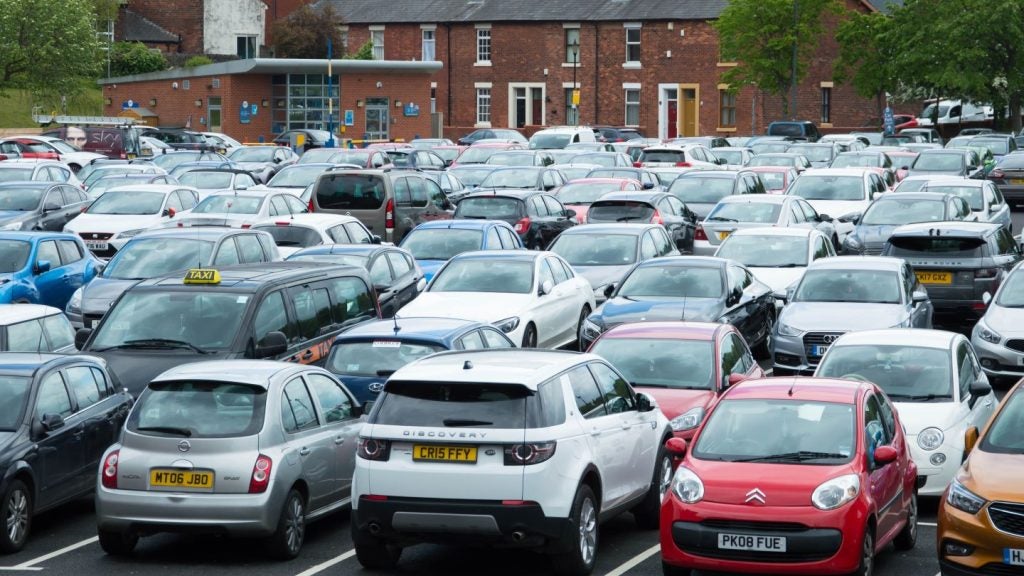
UK Chancellor Rachel Reeves has intervened in the country’s car finance mis-selling case to protect lenders from potential multi-billion-pound payouts.
As reported by the Financial Times, the Treasury has requested permission to intervene in the upcoming Supreme Court case, fearing that banks and lenders could face compensation costs amounting to billions of pounds.
The case has raised concerns about potential chaos in the motor finance and car industry, which could make it more difficult for consumers to secure loans.
Currently, approximately 80% of new vehicles in the UK are purchased on finance.
If the Treasury’s intervention is successful, it could impact consumer groups and claims management companies encouraging complaints to the Financial Ombudsman.
Reeves is concerned that substantial payouts could negatively affect the banking sector, hinder growth, and harm the UK’s pro-business reputation.

US Tariffs are shifting - will you react or anticipate?
Don’t let policy changes catch you off guard. Stay proactive with real-time data and expert analysis.
By GlobalDataThe development comes as Santander is reportedly reconsidering its presence in the UK due to reduced returns on its ringfenced business compared to other markets. In November, the bank allocated £295m to address potential costs from mis-sold car loans.
The Supreme Court is set to hear an appeal in April 2025 from car loan providers, challenging an October Court of Appeal ruling that favoured consumers over “secret” commissions on car loans.
The ruling deemed it unlawful for banks to pay commissions to car dealers without customer consent, leading to significant compensation payments from lenders such as FirstRand Bank and Close Brothers.
HSBC analysts estimate the total compensation cost could reach £44bn, similar to the £50bn paid out after the mis-selling of payment protection insurance.
In a submission to the Supreme Court, the Treasury warned of “considerable economic harm” and potential impacts on motor finance availability and costs for consumers.
The Treasury’s application expressed concerns about perceptions of regulatory uncertainty in the UK and suggested that any remedy should be proportionate to the consumer’s actual loss.
Treasury officials emphasise that the government’s goal is to maintain the finance sector’s viability, crucial for purchasing new and used cars, rather than siding with banks against consumers.







